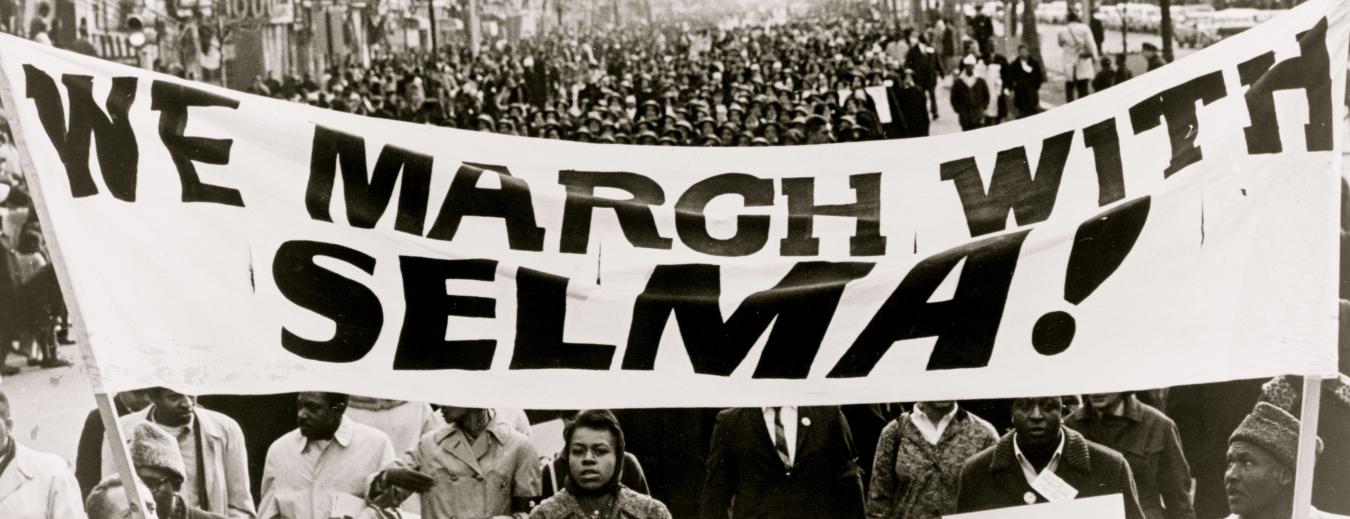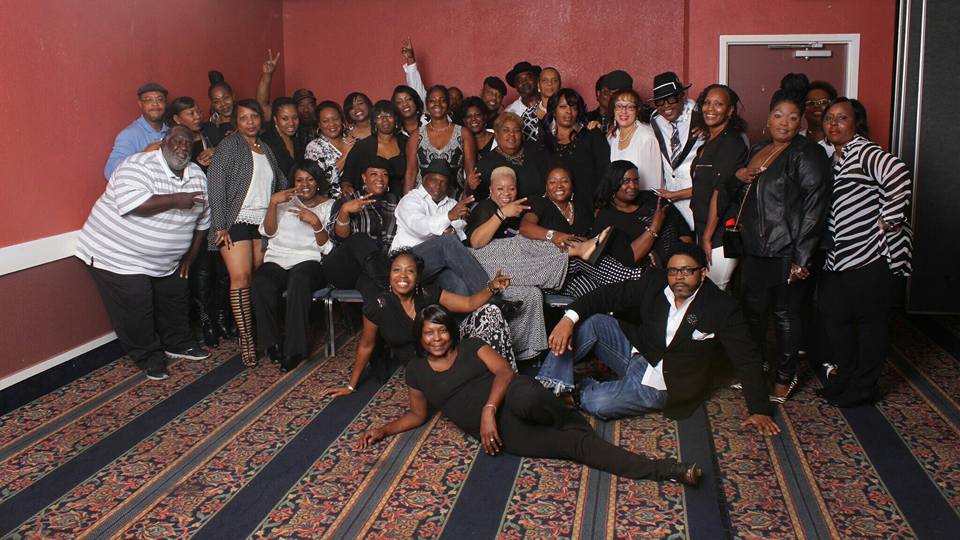
By cganemccalla 17.48KREADS
Martin Luther King knew that the Civil Rights movement needed a soundtrack and that every hero needed theme music. The Civil Rights movement incorporated jazz, folk, R&B and gospel to use music that everybody could relate to and be inspired by to help change America in the 1950s and 1960s.
10. Oh Freedom
“Oh Freedom” harkened back to the slave days with phrase “Before I’ll be a slave, I’ll be buried in my grave, and go home to my Lord and be free,” inspiring the call for freedom in the Civil Rights movement.
9. We Shall Not Be Moved
This song represented the determination of those in the Civil Rights movement in the face of government and social oppression, “like a tree that stands by the water, we shall not be moved.”
8. Go Tell It On The Mountain
This song uses Biblical analogies and the story of Moses freeing the Jews from Egypt as an analogy for Martin Luther King and the Civil Rights movement. While several version of this song are used as Christmas song about Jesus Christ’s birth, several others use the phrase “Set my people free” instead of the common, “Jesus Christ Is Born.”
7. Times They Are A Changin’
This song by Bob Dylan captured the spirit and essence of the change and turmoil that surrounded the Civil Rights movement.
6. Lift Every Voice And Sing
The Negro National Anthem, written by James Weldon Johnson in 1900, took on a new meaning during the Civil Rights movement when its prophecy became truth.
5. Strange Fruit
Billie Holiday’s “Strange Fruit” captured the ugly essence of lynchings racism and the opposition to the Civil Rights movement.
4. People Get Ready
This song captured the optimism and excitement of the Civil Rights movement as well as the faith that Martin Luther King brought to it.
3. Alabama
Coltrane did not need any lyrics to show the injustice, violence and oppression that African Americans were facing in Alabama. Coltrane wrote the song after hearing about the four girls who were killed in a church bombing in Birmingham. He reportedly used Martin Luther King’s cadence from the eulogy.
2. Change Gonna Come
Sam Cooke’s song captured both the struggle, adversity and hope for change that Martin Luther King and the Civil Rights movement brought.
1. We Shall Overcome
This song, popularized by folk singer Pete Seeger, was the unofficial anthem for the Civil Rights movement. There was no question that this song inspired both the short and long term goals of the era and still inspires people today.









